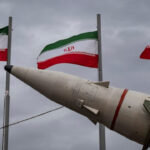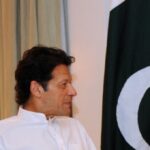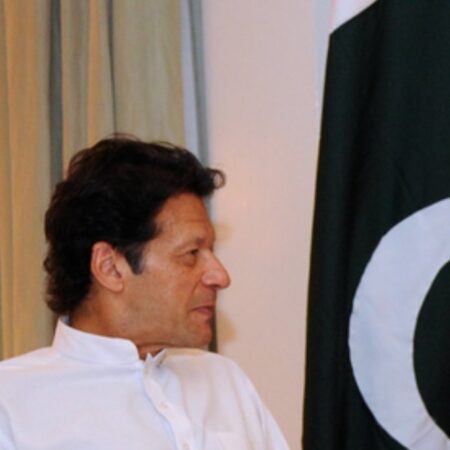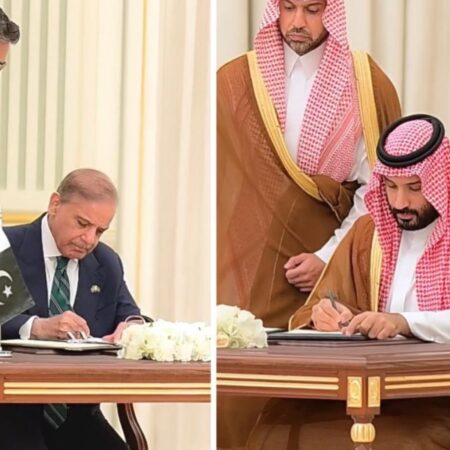PM Shehbaz reached Riyadh for a day-long visit yesterday where he and Crown Prince Salman signed the ’Strategic Mutual Defence Agreement’ at the Al-Yamamah Palace in the Saudi capital.
Deeply the heart warming welcome, accorded to me by my dear brother His Royal Highness(RH) Prince Mohammed bin Salman, crown prince and prime minister of Saudi Arabia, on my official visit to Riyadh.
The announcement was made in a joint statement by Islamabad and Riyadh. The statement said the pact reflects the shared commitment of both nations to enhance their security and to achieve security and peace in the region and the world.
“[It] aims to develop aspects of defense cooperation between the two countries and strengthen joint deterrence against any aggression,” the statement said, without going into details.
Importantly, the text underscored that “any aggression against either country shall be considered an aggression against both”.
The timing of the accord, coming on the heels of an Arab summit that signaled a shift towards collective security — in the wake of Israel’s attack on Qatar — hints that it is rooted in current world affairs and reflects the defense concerns of both countries.
Official Saudi media outlets also carried reports of the signing ceremony, but they offered no further details about the accord or its provisions.
From the unprecedented escort provided to my aircraft by the Royal Saudi air force jets to the smartly turned out guard of the Saudi armed forces, this welcome reception speaks volumes about the abiding love and mutual respect between Pakistan and Saudi Arabia.
Defense agreement
Pakistan and Saudi Arab have long shared a multifaceted relationship rooted in strategic military cooperation, mutual economic interests, and shared Islamic heritage. These ties have encompassed economic assistance and energy supplies, with Riyadh being a significant source of financial aid and oil for Islamabad.
Wednesday’s agreement marks the most significant upgrade in Pakistan-Saudi defense ties in decades.
Cooperation between the two states in the area of defence dates back to Ninteen eighty seven and deepened after the ninteen seventy nie Grand Mosque seizure, when Pakistani special forces helped Saudi troops reclaim Masjid al-Haram.
In 1982, the two sides institutionalized security ties through a Bilateral Security Cooperation Agreement that enabled Pakistani training, advisory support and deployments on Saudi soil. At times, as many as 20,000 Pakistani troops were stationed in the kingdom, and Saudi Arabia became a key purchaser of Pakistani-made arms.
In recent years, the partnership has gained urgency amid regional instability. In February, a meeting of the Joint Military Cooperation Committee in Riyadh pledged to expand training and exchanges.
The new pact formalises commitments that had long existed in practice, creating what some analysts saw as a de facto joint defensive umbrella though finer details of the agreement were not made public.
For Pakistan, the agreement offers both strategic and economic benefits. It secures vital Saudi investment and funding at a time of fiscal strain, while reinforcing Islamabad’s standing as a pan-Islamic security provider.
For Saudi Arabia, it strengthens defences against threats from Iran, Houthi militias and regional turbulence caused by Israel’s genocidal actions in Gaza and aggression against other countries in the neighbourhood. The Israeli attack targeting Hamas delegation in Doha heightened the urgency for this agreement that had been under discussion for some time.
Pakistan’s earlier defiance alignments, such as Cold War-era agreements with the United States and those under Seat and Cento, have long since eroded.












No Comment! Be the first one.